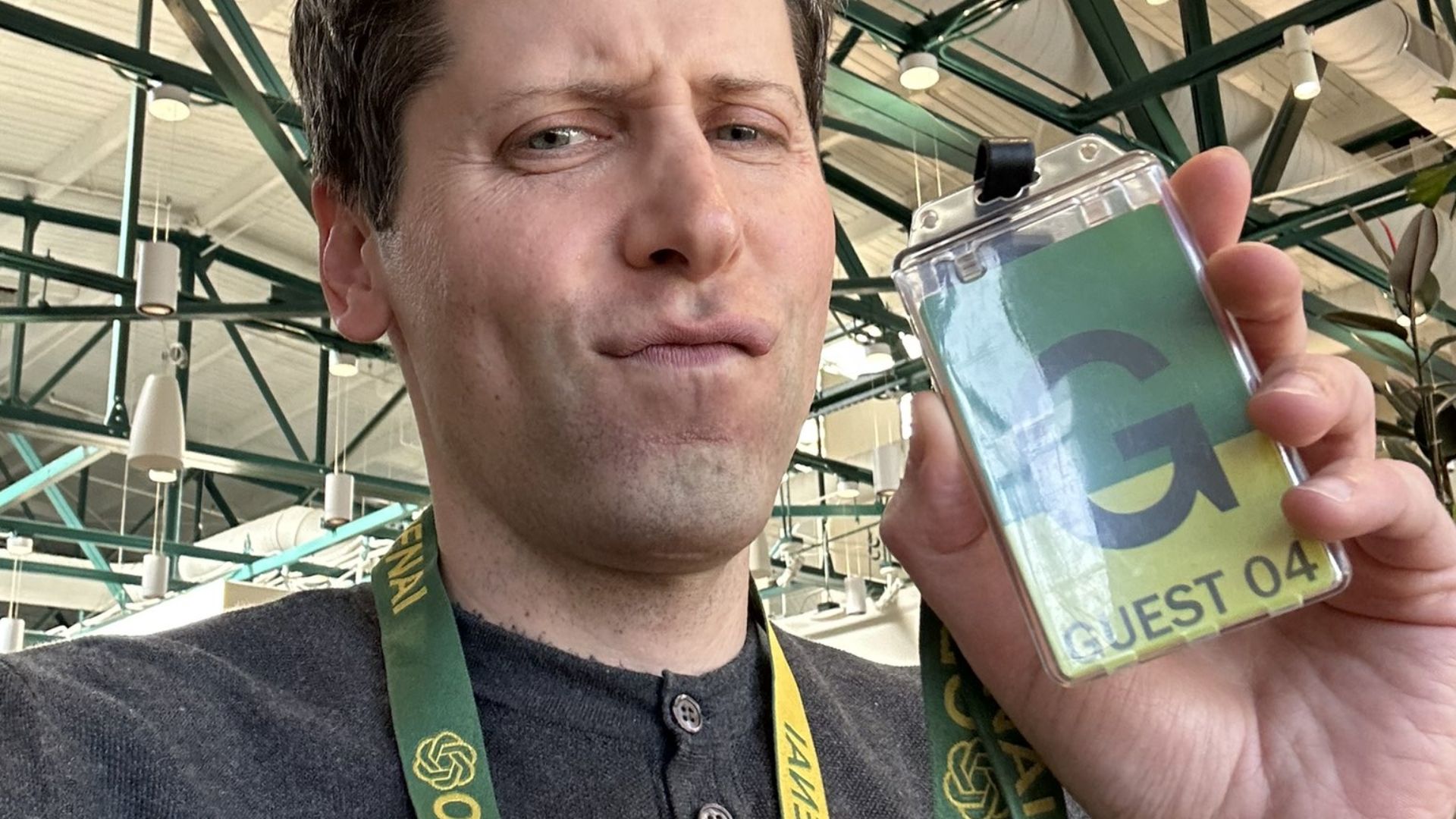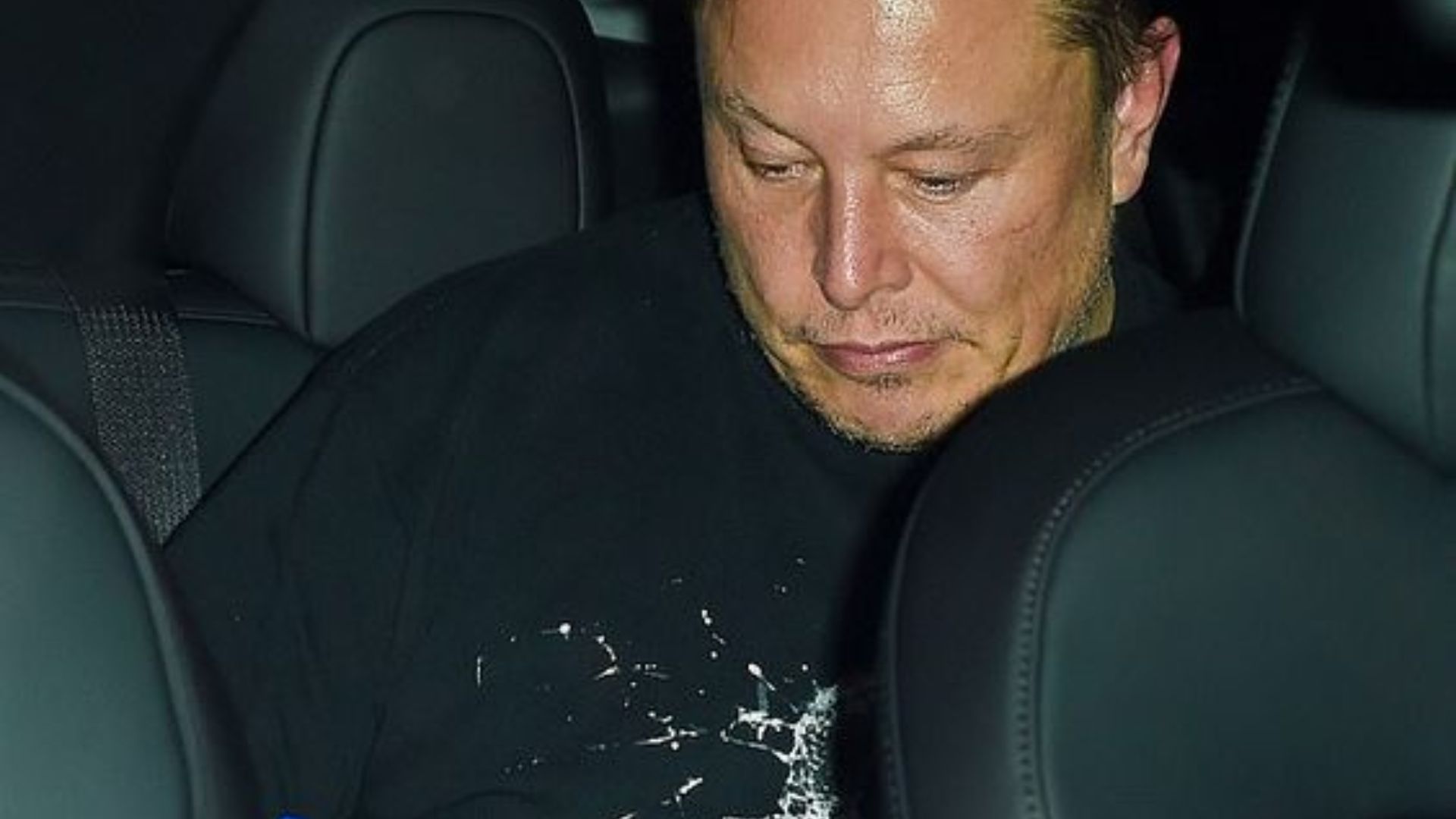OpenAI made headlines on Friday with the announcement of its revamped board and the conclusion of an internal probe conducted by U.S. law firm WilmerHale concerning the events surrounding the removal of OpenAI CEO Sam Altman.
In a significant move, Altman will be reinstated to OpenAI’s board. Joining him are three new board members:
– Dr. Sue Desmond-Hellmann, former CEO of the Bill and Melinda Gates Foundation.
– Nicole Seligman, former EVP and Global General Counsel of Sony.
– Fidji Simo, CEO and Chair of Instacart.
These additions are intended to collaborate closely with existing members Adam D’Angelo, Larry Summers, and Bret Taylor, along with Greg, Sam, and OpenAI’s senior management, as stated in a press release.

Although the investigation report itself was not made public, a summary of the findings was provided. Bret Taylor, chair of OpenAI’s board, emphasized that the review highlighted a breakdown of trust between the prior board and Sam and Greg. However, it also noted that the board acted in good faith and didn’t foresee the subsequent instability.
The investigation, initiated in December, involved extensive interviews with former board members, advisors, current executives, and other relevant parties, along with a thorough review of over 30,000 documents.
Bret Taylor expressed unanimous confidence in Sam and Greg’s leadership, a sentiment echoed by Altman during a Zoom call with reporters. Altman also praised the contributions of CTO Mira Murati and expressed eagerness to move forward from the ordeal, reflecting on his approach to differences with the board.

The turmoil began in November when Altman was ousted from OpenAI’s board, leading to resignations and investor concerns, notably from Microsoft. However, within a week, Altman returned, and several board members who supported his removal departed.
Regarding the recent lawsuit filed by Elon Musk against Altman and Greg Brockman for breach of contract and fiduciary duty, OpenAI intends to contest the claims, citing doubts about their legal validity. Musk’s lawsuit alleges that OpenAI’s association with Microsoft breaches founding agreements and undermines its independence.
In response, OpenAI disclosed past emails from Musk advocating for the startup to raise substantial funding and gradually reduce its openness, contrasting with his current stance.
The lawsuit also intersects with earlier controversies surrounding Altman’s chip-related ventures and investments, including his involvement in seeking funding for a chip venture dubbed “Tigris” and OpenAI’s association with AI chip startup Rain Neuromorphic.


